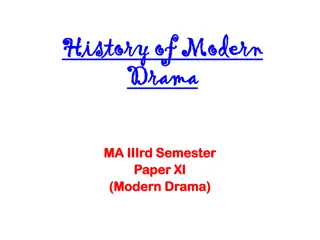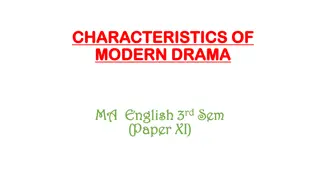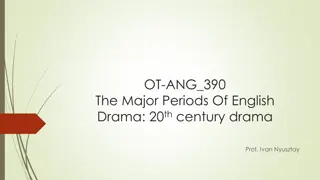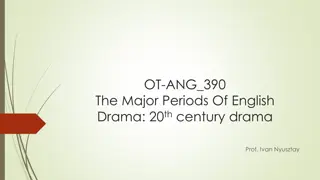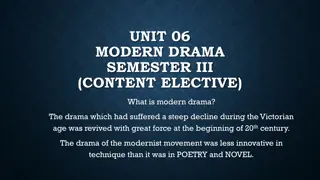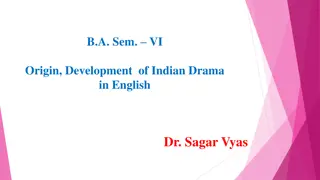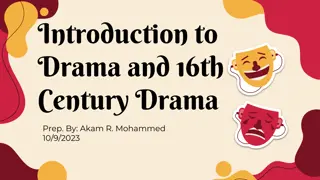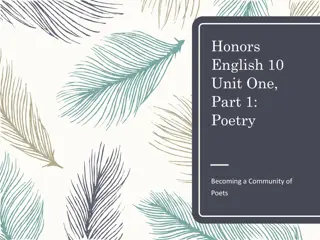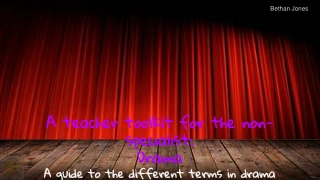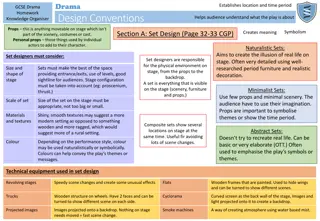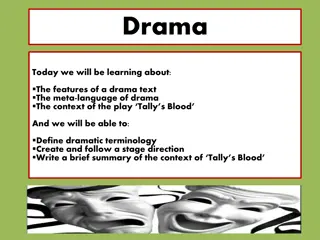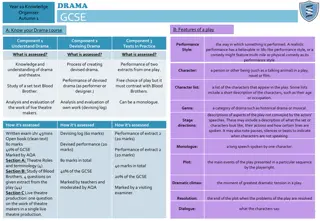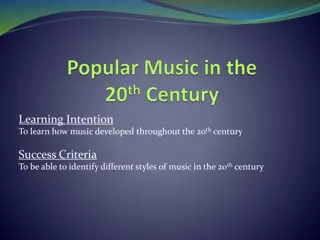Evolution of Poetic Drama in the 20th Century
Poetic drama, pioneered by T.S. Eliot, marked a significant literary movement in the 20th century. Eliot's contributions, along with efforts from predecessors such as W.B. Yeats and contemporaries like Auden and Isherwood, revitalized the genre. The fusion of traditional and experimental elements, rich symbolism, and unique verse forms characterize the evolution of poetic drama during this era.
Download Presentation

Please find below an Image/Link to download the presentation.
The content on the website is provided AS IS for your information and personal use only. It may not be sold, licensed, or shared on other websites without obtaining consent from the author. Download presentation by click this link. If you encounter any issues during the download, it is possible that the publisher has removed the file from their server.
E N D
Presentation Transcript
POETIC PLAY MA IISEM PAPER V Department of English Govt College Paonta Sahib Distt Sirmour HP
Eliot propounded the theory of the poetic drama. It was he who established its tradition in 20th century.The murder in the Cathedral is his first full-length poetic play. The family Reunion , The Cocktail Party, The Confidential Clerk and the Elder Statesman are his other important poetic plays.
The poetic drama is a great achievement of the modern age. It is a mixture of high seriousness and colloquial element. It is the combination of the tradition and the experiment and of the ancient and the new. It is symbolic and difficult. Its verse form is blank verse or free verse. In short, its vehicle is verse, its mechanism is imagery, its substance is myth and its binding force is musical pattern.
Before T.S. Eliot some dramatists tried to create a taste for poetic drama. This attempt helped Eliot in making his valuable experiments in poetic drama. Among these dramatists Stephen Phillis, Jon Masefield, Gordon Bottomley, Flecker and John Drinkwater are important. They all experimented in poetic Drama and prepared ground for Eliot. Their plays vitalised the course of poetic drama.
W.B. Yeats, Lady Gregory and J.M. Synge established the Abbey theatre in Dublin to encourage the poet - playwrights. At this theatre Yeats endeavoured to revive poetic drama. He wrote about twenty-six plays in verse but Yeats was more of a poet than dramatist. His plays are rich in poetical intensity. Eliot has praised his contribution to poetic drama. Yeats' important plays are on Baile's Strand, The Resurrection and Deirdre.
T.S. Eliot: Eliot propounded the theory of the poetic drama. It was he who established its tradition in 20th century. The murder in the Cathedral is his first full-length poetic play. The family Reunion, The Cocktail Party, The Confidential Clerk and the Elder Statesman are his other important poetic plays. Through these plays he evolved a befitting poetic mode of expression for the poetic drama. He discarded the use of traditional blank verse. He carefully avoided any echo of Shakespeare. He explored the dramatic possibility of verse and extended the scope of poetic drama.
Auden and Isherwood: Auden wrote two plays alone and three plays in collaboration with Isherwood. Audern's The Dance of Death is an important poetic drama. Isherwood's Ascent of F6 and Across the Frontiers are important plays. His plays deal with symbolic situation and cartoon character
Stephen Spender :Christopher Fry:


